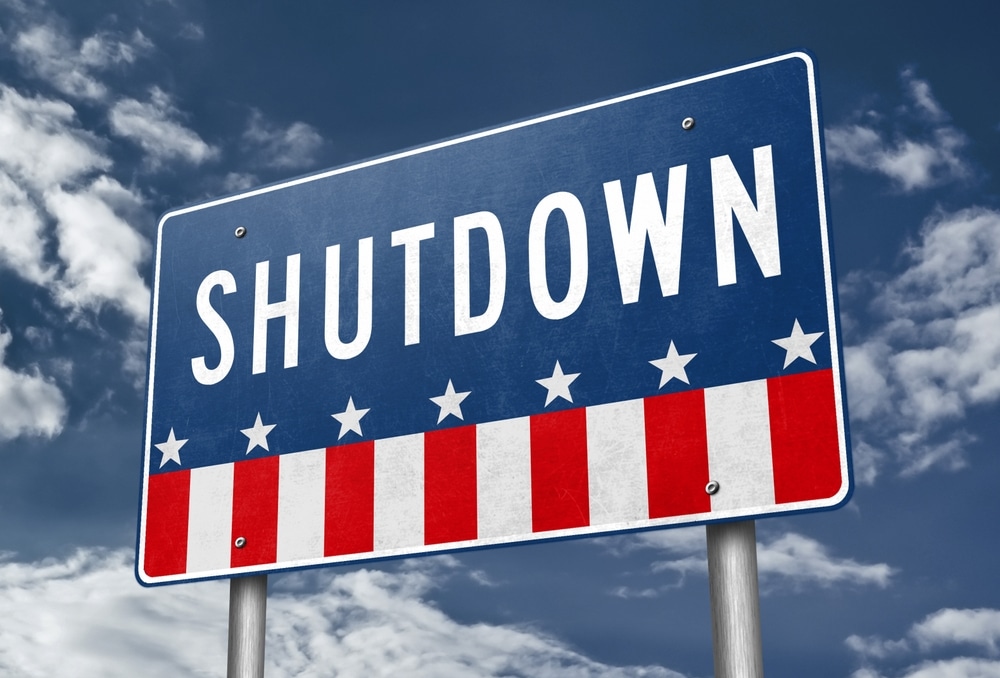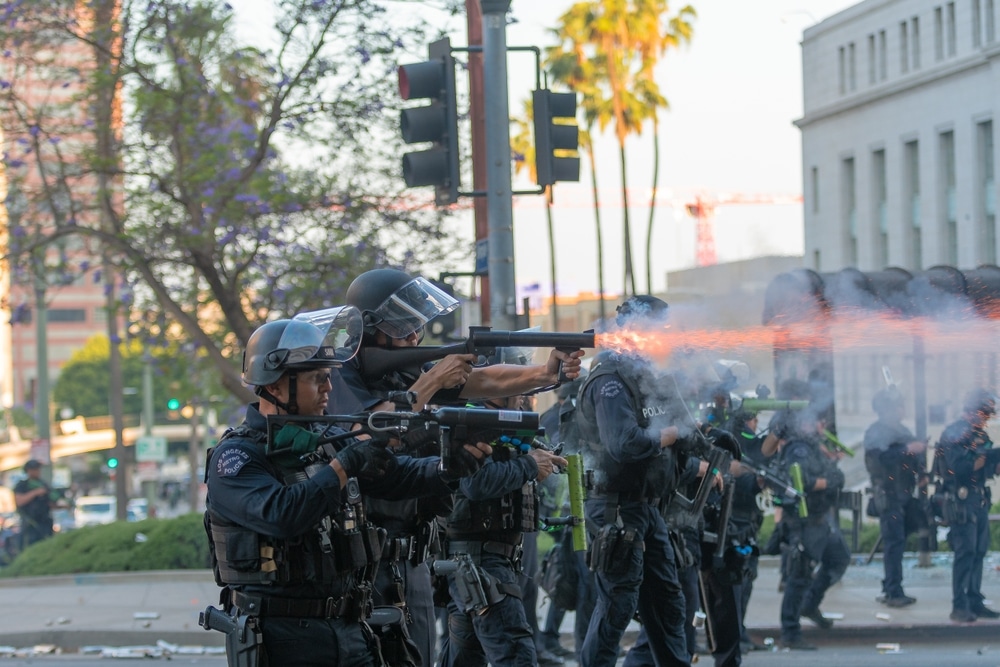
Where American Voters Really Stand on Immigration Policies
Written by Derek Wolfe
Let’s get one thing straight: immigration has been a political football in this country for decades. And right on cue, 2024’s election has both parties rolling out the same tired playbooks. But instead of real solutions, they serve us soundbites, polls, and promises. The last time we saw a major immigration bill signed into law was under Reagan—40 years ago. Since then? Nothing but excuses and stalled efforts, courtesy of Congress and their handlers.
A new survey from Pew Research shows where voters claim they stand on immigration policies this election season. Spoiler alert: the numbers are less about fixing anything and more about deepening the tribal divide between supporters of Kamala Harris and Donald Trump. Here's the gist:
Deportations, Division, and Due Process Theater
On one side, 88% of Trump supporters are all in on mass deportations. But only 27% of Harris supporters think that's a good idea. Trump says he’s making deportation a key pillar of his campaign, but the reality is, even if he gets back into office, the courts and the legal system are waiting to gum up the works. Nearly 80% of undocumented immigrants have been here over a decade—some with families, homes, and businesses. Whether you like it or not, they’re protected by the same legal principles that grind the wheels of our overworked immigration courts to a halt.
And that’s no accident. The backlog isn't just a logistical problem—it’s part of the system. The courts, the process, the delays? It’s all designed to keep the gears moving slowly enough to frustrate any real action while feeding both sides of the political machine.
Immigration: The Labor Force Nobody Admits They Need
Here’s where things get interesting: both parties secretly know this economy needs immigrant labor to survive. Even half of Republican voters are okay with admitting immigrants to fill labor shortages, though they won’t say it too loud. On the other side, a whopping 89% of Democrats are all for it. Numbers don't lie—immigrants made up 18.6% of the workforce in 2023, especially in critical industries like construction, transportation, and services. You think your food shows up on shelves or your Amazon package lands on your doorstep without these folks? Think again.
Common Ground: A Trojan Horse for More Surveillance
The only thing the establishment can agree on is tighter border security and letting in high-skilled immigrants. But that’s just code for expanding government surveillance and hand-picking the “right” kind of workers—those who fit the corporate mold and don’t ask too many questions. A staggering 88% of voters support more border security, while 79% are fine with admitting skilled immigrants. But border control isn’t just about keeping people out—it’s about controlling everyone, inside and out. Every new security measure adds another layer to the panopticon, tracking not just migrants but you.
Let’s be clear: this debate isn’t about solving immigration. It’s about maintaining a system where cheap labor flows just enough to keep the machine running, and the state’s grip tightens a little more with every election cycle. Want to see where all this is heading? Keep an eye on those digital IDs and border control tech—because they’re coming for you next.
In a world where even your movements across a state line are tracked, it’s only a matter of time before immigration policies morph into something more sinister. The question isn’t who gets in or who gets deported—the real question is, when does everyone become a suspect?
If you don’t want to end up as just another data point in the government’s growing surveillance network, download “Seven Steps to Protect Yourself from Bank Failure” by Bill Brocius here. Because when the system crashes—and it will—you’d better be ready to slip through the cracks.











